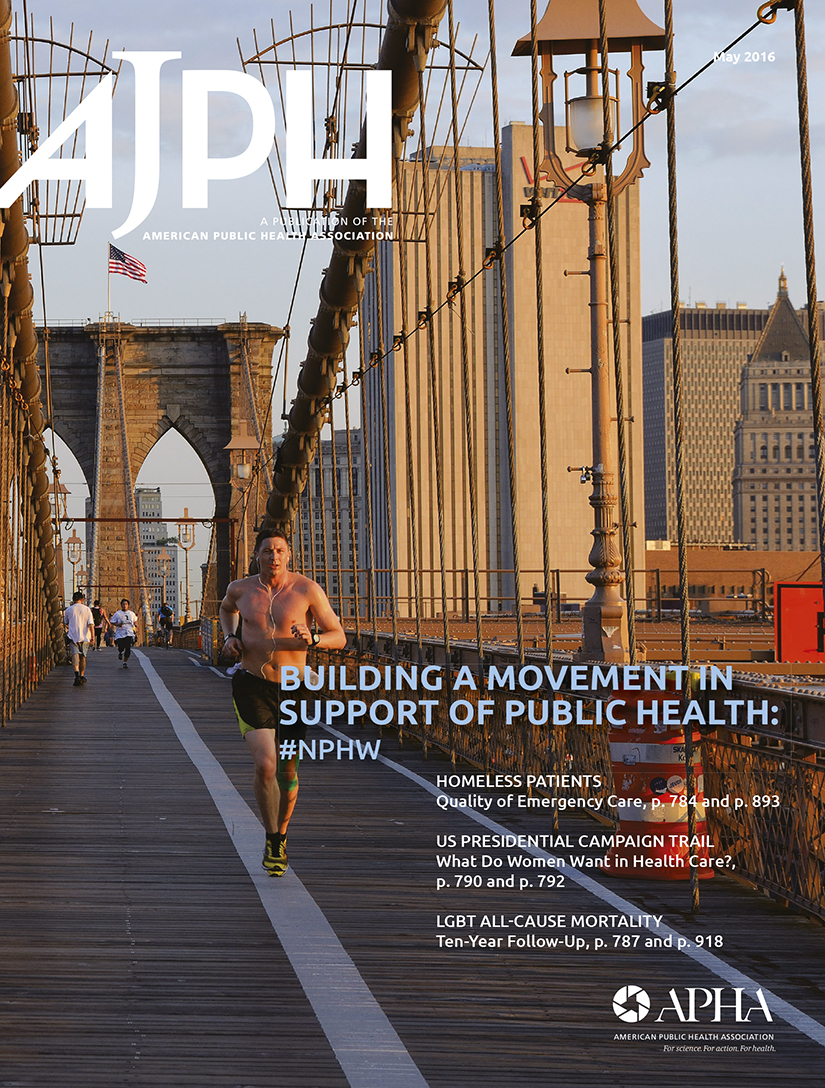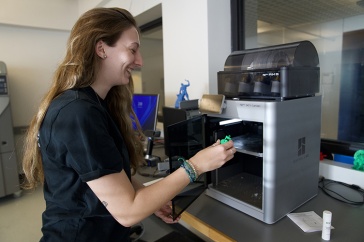
Sharyn Potter, associate professor of sociology and co-director of UNH’s Prevention Innovations Research Center, recently published a paper in AJPH Perspectives entitled, “Reducing Sexual Assault on Campus: Lessons from the Movement to Prevent Drunk Driving." (Photo: Jeremy Gasowski, Communications and Public Affairs)
Sharyn Potter will never forget 1981.
That year, she explains, “three of my friends died after being hit by a drunk driver who was never charged with a felony or saw the inside of a prison cell.”
Sadly, she says, such outcomes were not unusual at the time.
“Likewise, in 1970, a judge refused to let the parents of a drunk-driving victim inside the trial of their child’s killer for fear that their grief might prejudice the jury,” Potter explains. “These reactions were standard as the drunk drivers were seen as being victims of a terrible disease. The grieving families were peripheral.”
Over the 35 years that have passed since the tragic day when Potter’s friends were killed, public opinion on drunk driving has changed completely, thanks in part to initiatives that began in the 1980s.
“The cultural change led by many family members whose relatives were killed or maimed by a drunk driver, with White House support, fought both to hold drivers accountable and to galvanize ordinary people to intervene before people got behind a steering wheel,” Potter says. “While drunk-driving crashes — especially among college students — still claim too many lives, the reduction over the past 40 years is startling. Between the mid-1970s and 2012, the percentage of traffic fatalities ascribed to alcohol plummeted from 60 to 31 percent.”
Potter, who is an associate professor of sociology and co-director of UNH’s Prevention Innovations Research Center, believes there are lessons in those efforts for today’s fight against sexual assault at colleges and universities.

In her article, “Reducing Sexual Assault on Campus: Lessons from the Movement to Prevent Drunk Driving,” published in the May edition of AJPH Perspectives, Potter writes, “The lessons that can be learned from the movement to prevent drunk driving are particularly timely now that regulatory initiatives and guidance have lent federal authority to efforts to reduce campus sexual assault.”
Drunk-driving prevention followed a similar pattern, gaining traction following federal initiatives. “Recognition that drunk-driving victims’ rights had been violated was unusual in the United States until the early 1980s,” she writes.
Fast-forward to the present, and colleges and universities are working to come up with plans to reduce instances of sexual assault on campus and comply with federal regulations.
“But compliance has many facets,” Potter writes in her article. “Care must be taken to ensure that campus policies make sense for victims. The rights of the accused need to be protected but not at the price of interfering with victim support and assistance.”
She points to the way activists worked to shift public perception away from sympathy for drunk drivers to compassion for their victims.
Ultimately, Potter explains, “It is my hope that, like the drunk drivers, rapists will be viewed as criminals. As a society, we will show more compassion and empathy for sexual assault victims like we do for victims of drunk-driving crashes.”

And what surprised Potter most about her research?
“Comparing societal views of drunk drivers until the late 1970s and reactions to campus sexual assault perpetrators gave me pause,” she says. “Until recently, the reaction in the larger culture was to condone the perpetrator behavior — ‘boys will be boys,’ ‘he has a good future ahead of him’ — and excuse the sexual assault as a result of drinking. Now many campus leaders understand that alcohol is the weapon of choice for campus rapists and that alcohol enables perpetrators to commit their crimes.”
As she sums it up in her article, “Activist college students and administrators can and should be in the forefront of broad cultural change like that accomplished by the tireless advocates and legislators whose work transformed drunk driving from a common practice into a crime.”
-
Written By:
Jennifer Saunders | Communications and Public Affairs | jennifer.saunders@unh.edu | 603-862-3585



















































